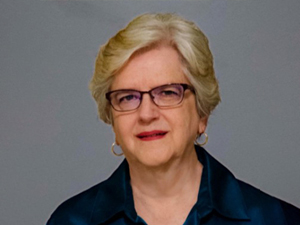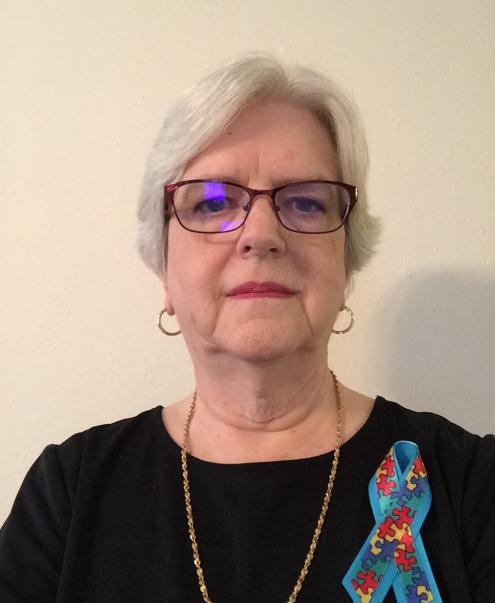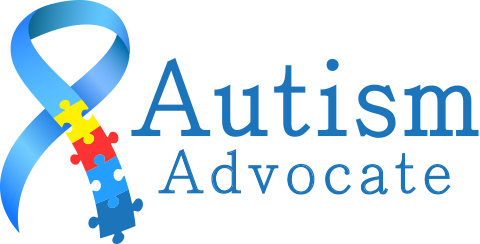


Some Possible Signs of Autism Spectrum Disorder (ASD)
- Avoids eye contact
- Is sensitive to sounds
- Is sensitive to light
- Is sensitive to touch
- Has poor Sleep
- Has poor diet
- Has Meltdowns
- Uses Echolalia
- Has speech delay
- Has lack of speech
- Wants to be alone
- Has anger problems
- Has difficulty with potty training
- Has poor muscle tone
- Has difficulty with transitions
- Flaps hands
- Rocks body
- Spins in circles
- Likes to be alone
- Lacks empathy
- Does not do pretend play
- Lines up objects
- Has obsessive interests
The earlier a child is diagnosed, the sooner he/she will be able to get services to help develop a plan.
Who Is Nancy Cotten?
Bill and I have been married for over 56 years and we have 3 children and 3 grandsons who are 24, 18, and 6 years old. We like to travel and the mountains are our favorite places. We also enjoy going on cruises.
My career as a Corporate Child Care Director for a hospital afforded me the opportunity to work with staff and parents as well as children. I also interacted with corporate partners at the hospital, making sure that we were providing a high-quality service to attract staff that most other hospitals had not even thought of doing. Hiring, counseling, training, working with a diverse group of people, planning and implementing systems were activities that I dealt with daily.
In the 1990’s I led the Child Care Center through the National Association for the Education of Young Children accreditation process. The process was very extensive and required making many changes over several years to the way we managed the center, trained childcare professionals, presented curriculum, provided guidance and carried out many other aspects of activities needed to provide a quality experience for the children. I was honored by being nominated for director of the year in 2006. In 2007 the hospital outsourced our Center to a large multinational company, Bright Horizons. This company helped the Center to rise to an even higher level of competency by providing staff professional development to help them better understand early childhood and the education and activities they needed to provide for the children.
In February of 2024, the book “Our Forgotten Children” came out. I was honored to write the chapter on autism. In my chapter, I give some insite into autism that may help parents and others understand autism better. I include strategies to help parents’ loved ones, and I advocate for better understanding from society and our government to improve accessibility to employment and housing. I also emphasized the need for educating society at large about people on the autism spectrum.
I was very blessed to be part of many families lives and privileged to help those families during their children’s early formative years.

Problems for Children and a Possible Solution
- Sleep – Many parents find that Melatonin works. Breathing techniques with meditation and calming music may help. There are supplements in the form of gummies and patches that can also help.
- Diet – Some parents have had good luck with taking their loved ones to the store and asking them to pick out one fruit or vegetable that they might like. Let them help prepare it, but do not expect that they will always try it. Remember, they are in control. It may take several times doing this. There are vegetable and fruit gummies as well as patches that can help with nutrition.
- Anxiety – Some children need deep pressure to alleviate their anxiety. They can tightly hug a stuffed animal or pillow. Deep pressure in the joints can help. Letting them jump on a small trampoline inside or a large one outside can alleviate some of this anxiety.
- Biting – Offer them a chew toy. They may be seeking deep pressure so have them put pressure on the area they were going to bite.
- Transitions – Plan ahead. Let them know what is coming. Help them with deep breathing. Give them a favorite toy or lovey to have with them.
- Loud noises – Use headphones when you know they will be in a place where there will be loud music and lots of noise, but do not use them all the time.
- Stemming – Always allow them to stem as this is their way of managing their world. Only stop them if it is hurting them, for example hitting or banging their head.
Meltdowns – Let the person know that you are there for them and you will keep them safe and that they are loved. Meltdowns are usually caused by the loved one being overwhelmed! Moving them to a quiet place may help.
- Gut issues – Many loved ones on the spectrum have gut issues. They need more fiber in their diets and probiotics are recommended if they are okayed by their doctor. Many parents find that eliminating gluten and dairy may help.
- Poor muscle tone –Make sure they have the chance to play outside and run and jump as much as possible. Physical and occupational therapy can help.

